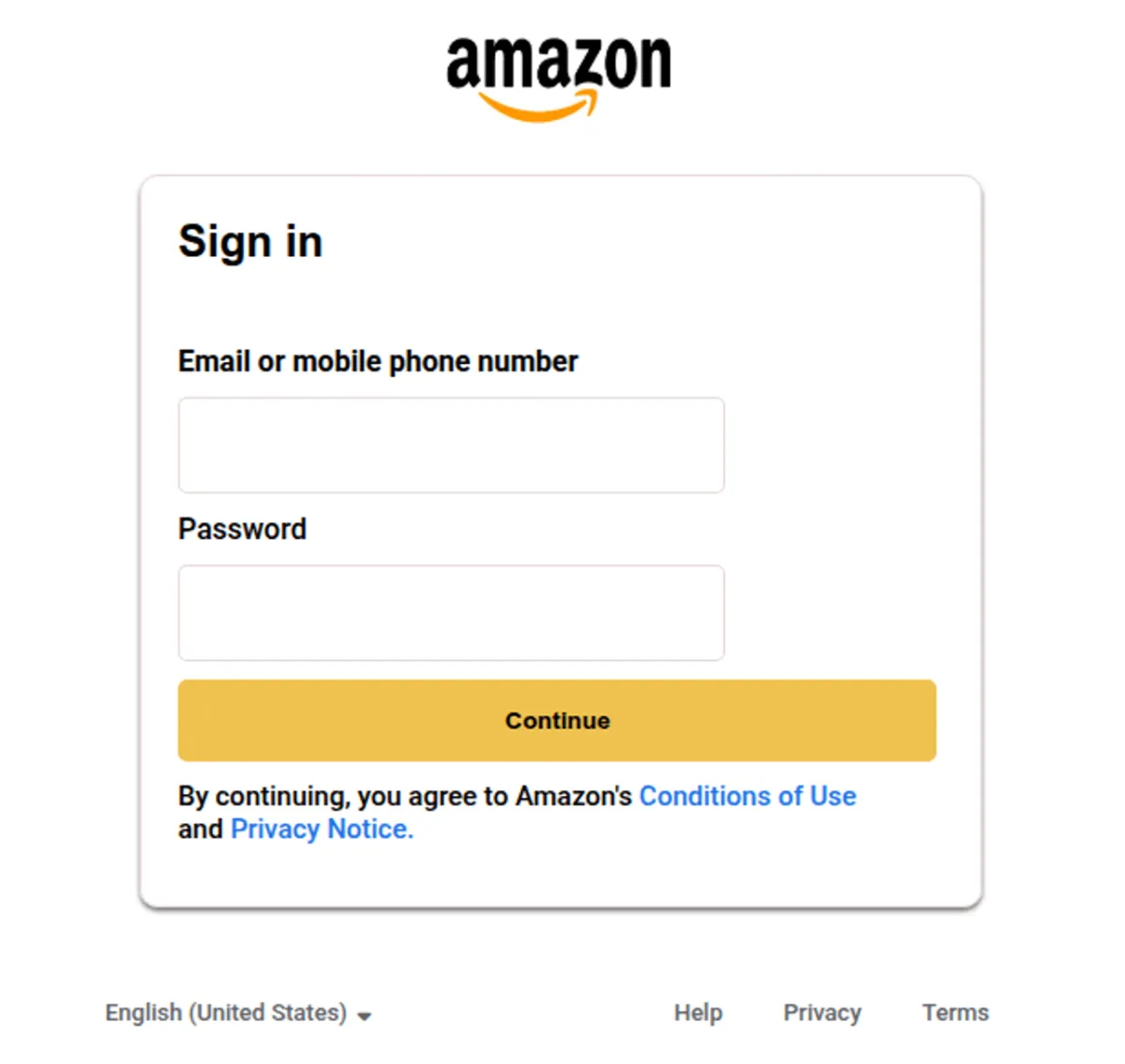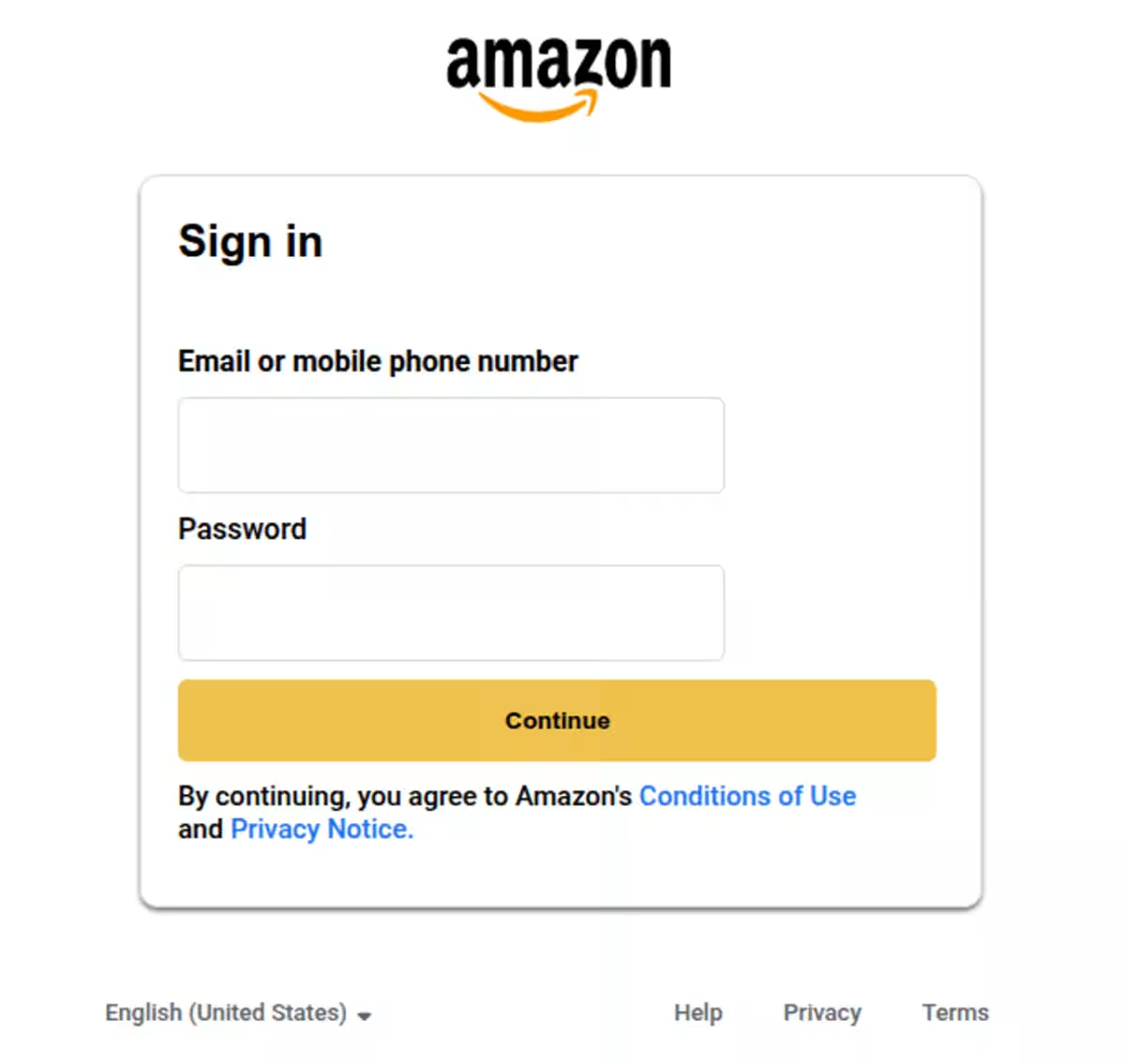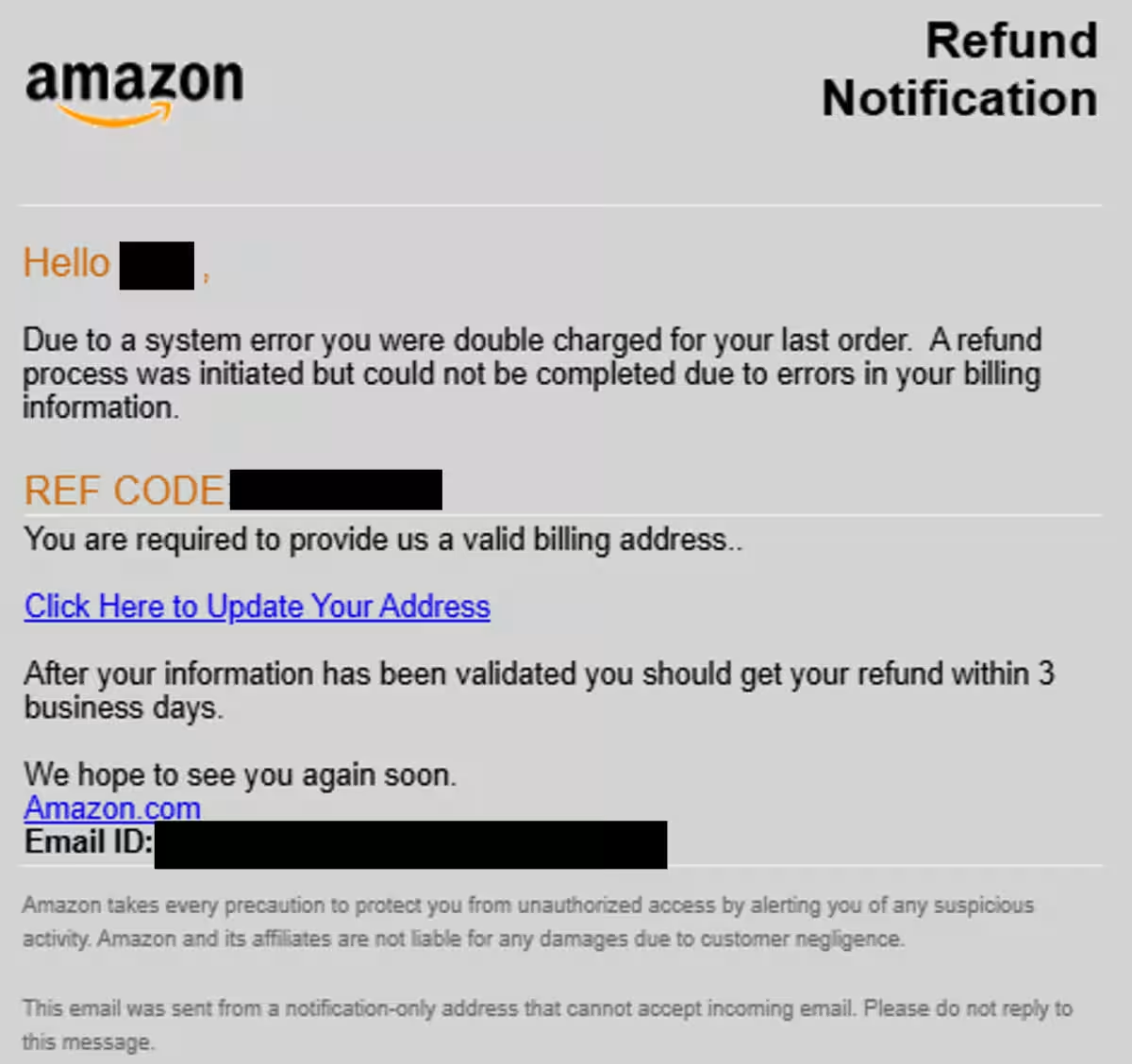

Cyber Crime Surge Anticipated During Amazon Prime Day 2025: Alert Issued
As the highly anticipated Amazon Prime Day 2025 approaches, starting from July 8, Check Point Research (CPR), the threat intelligence division of Check Point Software Technologies, issues a critical warning about the surge in cybercrime expected to target shoppers during this significant shopping event. With over 1,000 new internet domains resembling the Amazon name appearing in June alone, the urgency for vigilance grows more imperative. Alarmingly, 87% of these new domains have been categorized as either "malicious" or "suspicious," with many of the highest-risk domains containing phrases like "Amazon Prime."
Large-scale shopping events like Prime Day provide fertile ground for online scams, and cybercriminals typically intensify their activities in two main ways:
1. Fake Domains: Websites mimicking Amazon’s login or payment pages.
2. Phishing Emails: Messages disguised as urgent notifications regarding "refund errors" or "account issues" aimed at tricking victims into clicking on malicious links.
Fraudulent domains may closely mirror the official Amazon homepage, aimed at stealing login credentials and personal information. Successful attacks could lead to unauthorized purchases, identity theft, and the misuse of gift cards. For example, a newly registered phishing site called "Amazon02atonline51[.]online" threatens German users while appearing legitimate.
Another fraudulent domain, "amazon-2025[.]top," pretends to be Amazon’s login page solely to harvest users’ sensitive information.
Recently, CPR intercepted a phishing attack masquerading as an Amazon correspondence. The email titled "Refund Due - Amazon System Error" appeared to come from Amazon and urged recipients to click a link for "address updates." However, this link redirected them to a counterfeit Amazon login page designed to gather their credentials. The urgency is a common tactic used by cybercriminals to instill panic within potential victims, pushing them toward quick, careless actions.
To safeguard against cyber threats during Prime Day shopping, several precautions are essential:
1. Check the URL: Many malicious domains closely resemble genuine Amazon URLs. Look for extra characters, suspicious endings (e.g., .top, .online), and ensure the brand name isn’t hyphenated.
2. Avoid Clicking Links in Emails: If you receive an email regarding your Amazon account, refrain from clicking on any links. Instead, directly enter "www.amazon.com" into your browser or use the official Amazon app.
3. Verify HTTPS and the Padlock Icon: Ensure personal information is only entered on websites that utilize HTTPS and display a padlock icon in the address bar. Be wary, as some malicious sites may falsely show a padlock.
4. Use Strong, Unique Passwords and Enable Two-Factor Authentication: Utilize a password manager to create and store robust passwords. Enabling two-factor authentication will lower the risk of account hijacking.
5. Be Cautious of Messages Emphasizing Urgency: Scammers often create a sense of panic, urging quick actions like "failure to respond will result in account suspension."
6. Be Skeptical of Deals That Are Too Good: If an offer seems too favorable, especially outside Amazon’s official site, it may signify a scam, particularly with luxury items or extreme discounts on electronics.
7. Opt for Safe Payment Methods: Always choose safe, traceable payment options whenever possible. Virtual credit cards or payment apps can provide additional protection and make it easier to dispute fraud.
Check Point’s extensive 360° phishing defense solutions offer robust protection against the rampant threat of phishing. These services safeguard email accounts, web browsers, endpoints, mobile devices, and networks. By utilizing Check Point’s ThreatCloud AI technology, potential threat indicators are evaluated in real-time, providing zero-day phishing protection. Elements like email attachments, links, and text content undergo rigorous examination, significantly reducing risk before an email reaches the inbox.
Moreover, Check Point's phishing defense solution, Harmony Email and Collaboration, employs advanced AI algorithms to meticulously scrutinize URLs, domains, and suspicious content. This ensures immediate detection and blocking of phishing attacks, delivering comprehensive protection. The robust solution easily integrates with existing security systems, enabling the implementation of a multi-layered defense strategy against emerging threats.
Shopping opportunities like Prime Day can also become prime opportunities for cyber fraud. To summarize, remaining mindful and vigilant is essential:
This article is based on a blog released on July 3, 2025, U.S. time.



Understanding the Rise in Cybercrimes
Large-scale shopping events like Prime Day provide fertile ground for online scams, and cybercriminals typically intensify their activities in two main ways:
1. Fake Domains: Websites mimicking Amazon’s login or payment pages.
2. Phishing Emails: Messages disguised as urgent notifications regarding "refund errors" or "account issues" aimed at tricking victims into clicking on malicious links.
Fraudulent domains may closely mirror the official Amazon homepage, aimed at stealing login credentials and personal information. Successful attacks could lead to unauthorized purchases, identity theft, and the misuse of gift cards. For example, a newly registered phishing site called "Amazon02atonline51[.]online" threatens German users while appearing legitimate.
Another fraudulent domain, "amazon-2025[.]top," pretends to be Amazon’s login page solely to harvest users’ sensitive information.
Examples of Phishing Emails
Recently, CPR intercepted a phishing attack masquerading as an Amazon correspondence. The email titled "Refund Due - Amazon System Error" appeared to come from Amazon and urged recipients to click a link for "address updates." However, this link redirected them to a counterfeit Amazon login page designed to gather their credentials. The urgency is a common tactic used by cybercriminals to instill panic within potential victims, pushing them toward quick, careless actions.
Protecting Yourself This Prime Day
To safeguard against cyber threats during Prime Day shopping, several precautions are essential:
1. Check the URL: Many malicious domains closely resemble genuine Amazon URLs. Look for extra characters, suspicious endings (e.g., .top, .online), and ensure the brand name isn’t hyphenated.
2. Avoid Clicking Links in Emails: If you receive an email regarding your Amazon account, refrain from clicking on any links. Instead, directly enter "www.amazon.com" into your browser or use the official Amazon app.
3. Verify HTTPS and the Padlock Icon: Ensure personal information is only entered on websites that utilize HTTPS and display a padlock icon in the address bar. Be wary, as some malicious sites may falsely show a padlock.
4. Use Strong, Unique Passwords and Enable Two-Factor Authentication: Utilize a password manager to create and store robust passwords. Enabling two-factor authentication will lower the risk of account hijacking.
5. Be Cautious of Messages Emphasizing Urgency: Scammers often create a sense of panic, urging quick actions like "failure to respond will result in account suspension."
6. Be Skeptical of Deals That Are Too Good: If an offer seems too favorable, especially outside Amazon’s official site, it may signify a scam, particularly with luxury items or extreme discounts on electronics.
7. Opt for Safe Payment Methods: Always choose safe, traceable payment options whenever possible. Virtual credit cards or payment apps can provide additional protection and make it easier to dispute fraud.
Comprehensive Protection Against Phishing
Check Point’s extensive 360° phishing defense solutions offer robust protection against the rampant threat of phishing. These services safeguard email accounts, web browsers, endpoints, mobile devices, and networks. By utilizing Check Point’s ThreatCloud AI technology, potential threat indicators are evaluated in real-time, providing zero-day phishing protection. Elements like email attachments, links, and text content undergo rigorous examination, significantly reducing risk before an email reaches the inbox.
Moreover, Check Point's phishing defense solution, Harmony Email and Collaboration, employs advanced AI algorithms to meticulously scrutinize URLs, domains, and suspicious content. This ensures immediate detection and blocking of phishing attacks, delivering comprehensive protection. The robust solution easily integrates with existing security systems, enabling the implementation of a multi-layered defense strategy against emerging threats.
Conclusion
Shopping opportunities like Prime Day can also become prime opportunities for cyber fraud. To summarize, remaining mindful and vigilant is essential:
- - Formulate a purchasing plan utilizing the official Amazon website or app.
- - Avoid clicking any links in emails claiming to be from Amazon.
- - Always verify URLs and be wary of deals that seem overly generous.
- - Implement strong passwords, enable two-factor authentication, and consider safe payment options.
- - Exercise caution when receiving messages that push for urgent responses.
This article is based on a blog released on July 3, 2025, U.S. time.



Topics Consumer Products & Retail)










【About Using Articles】
You can freely use the title and article content by linking to the page where the article is posted.
※ Images cannot be used.
【About Links】
Links are free to use.